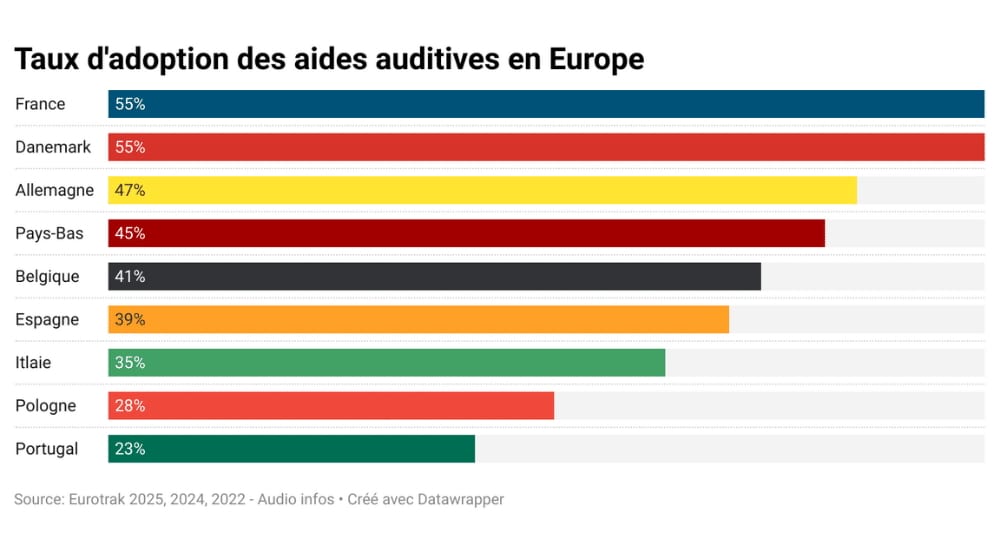Dogs are mentally uplifting and cost effective in the lives of deaf people, pioneering study affirms
support
Having an assistance dog significantly improves the wellbeing, mental health, and independence of deaf people, reducing social isolation and fearfulness. Who would've thought it?

Dog lovers, even slightly iffy dog likers, would hardly challenge the idea. Neither, for sure, would it be contested by the many deaf children and adults for whom hearing dogs provide a heads-up on alert sounds and calls, ensure safety against intrusions and dangers in and outside the home, and bring unconditional companionship and emotional support.
But it seems that never before has there been anything like the University of York-led study—published this autumn in the journal Trials—to underscore this guttest of gut feelings with a bit of scientific woof.
Randomised control trial (RCT) evidence
Angie Platten, Director of Services at Hearing Dogs for Deaf People, the only UK charity for hearing dogs, said: "We see everyday the difference hearing dogs make to deaf children and adults, but there was very little in the way of strong scientific research to evidence this before the University of York carried out their independent study. It has really shone a light on why these dogs are so important—they make life better for so many people."
The PEDRO study—as it is known—was funded by the National Institute for Health Research's School for Social Care Research. It involved more than 160 people with severe or profound hearing loss who had applied to Hearing Dogs for Deaf People for a hearing dog.
PEDRO evaluated the impacts of a hearing dog on mental well-being, anxiety, depression, problems associated with hearing loss (responding to sounds, fearfulness/social isolation), and perceived dependency on others, concluding that the findings indicate that "hearing dogs (provided by an organisation adhering to ADI standards) positively impact recipients’ mental well-being as well as daily functioning, mental health, experiences of fearfulness and social isolation and perceived dependency on others, at least in the short term. They suggest that hearing dogs are good value for money for the public sector but only if it does not bear the full cost of providing them."
Now the researchers plan to focus on the longer-term benefits of having a hearing dog. Though few would expect further studies to conclude that these dogs are not worth having around, finding scientific evidence to the opposite is the way humans do things in the age of reason. That might not be easy to explain to instinctive beings such as our canine companions.
"This was a ground-breaking study. No-one has previously used a randomised control trial to evaluate the impacts of hearing dogs on people's lives, and within the world of assistance dogs more widely, trials are still incredibly rare. What this study has demonstrated is that this sort of research is possible," said Professor Bryony Beresford, the PEDRO study's Chief Investigator from the Social Policy Research Unit based in the Department of Social Policy and Social Work, University of York.
Source: MedicalXpress


